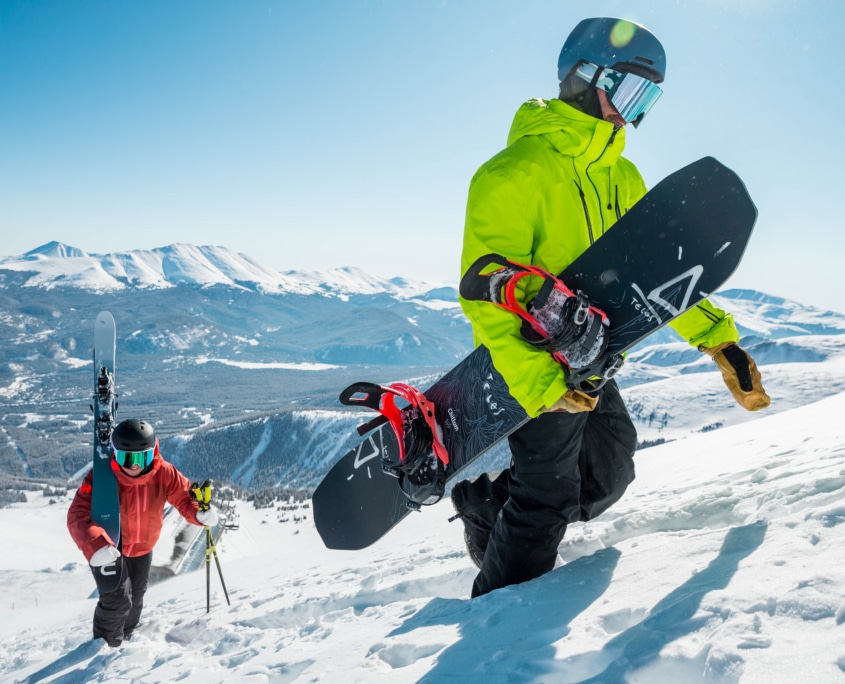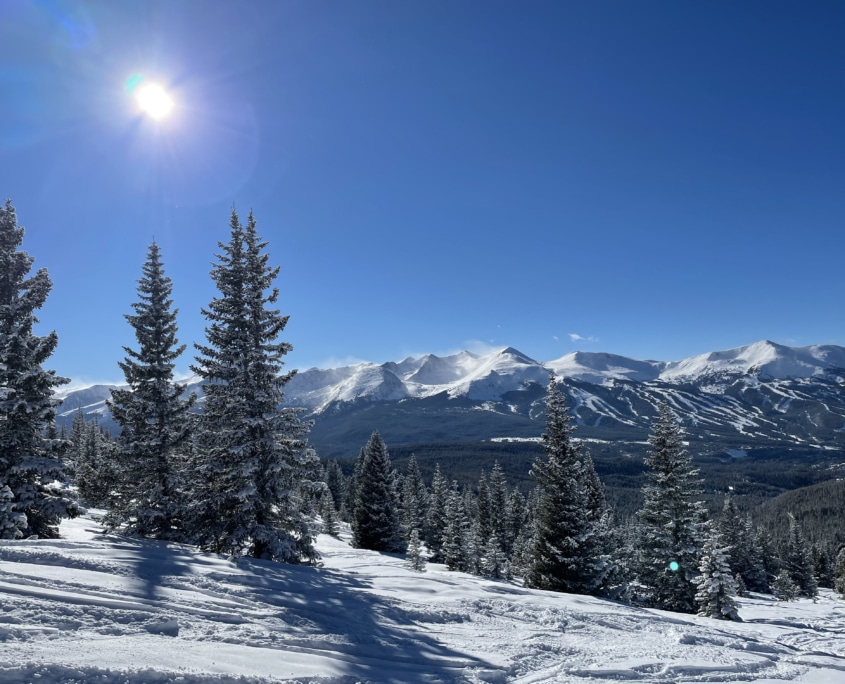Elevation in Breckenridge is around a staggering 10,000 feet! At higher elevation, the air pressure is lower with about 25% less oxygen than sea level. For some, this extreme elevation and “thinner air” can cause a range of symptoms related to altitude sickness. Altitude sickness varies in intensity from acute to severe and can really put a damper on your mountain vacation.
There are a variety of actions* you can take in advance and while on vacation to help manage these symptoms. Take a look at our preventative and management tips below!
*Please note that not all items listed below are suitable for everyone. While we encourage all guests to look into altitude adjustment options, please also consult your primary physician to make sure they would be appropriate for you and your lifestyle.
Symptoms
Altitude sickness symptoms are usually onset within approximately 12-24 hours after arriving at high-altitude. The majority of altitude sickness cases will be AMS (acute mountain sickness) with symptoms similar to a hangover. Mild and moderate symptoms of AMS are preventable, treatable, and manageable. Severe AMS, HAPE (high-altitude pulmonary edema), or HACE (high-altitude cerebral edema) require immediate medical attention.
AMS: Acute Mountain Sickness
- Dizziness
- Fatigue & lethargy
- Shortness of breath
- Loss of appetite
- Difficulty sleeping
- Weakness
- Headache or migraine
- Nausea and/or vomiting
- Coordination problems
HAPE: High-Altitude Pulmonary Edema
- Caused by excess fluid on the lungs
- Severe symptoms of AMS
- Breathlessness even at rest
- Elevated heart rate and body temperature
HACE: High-Altitude Cerebral Edema
- Caused by excess fluid on the brain and brain swelling
- Severe symptoms of AMS
- Difficulty walking in a straight line
- Irrational, bizarre, or violent behavior



